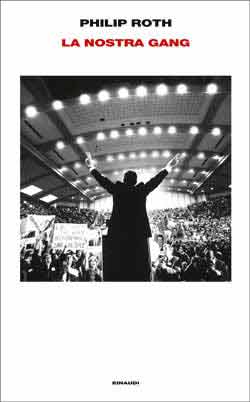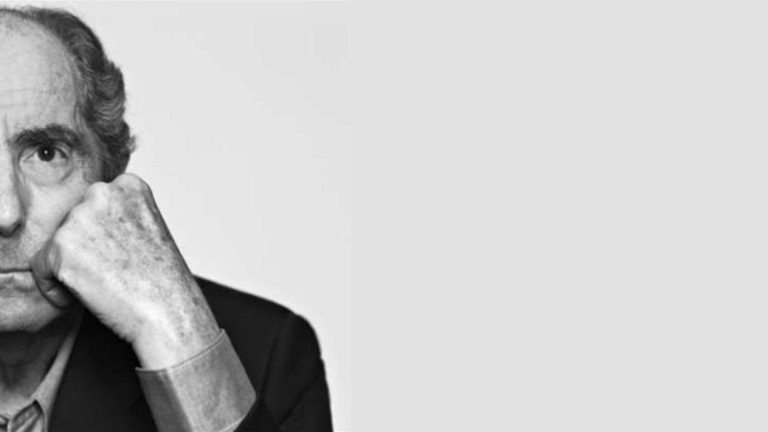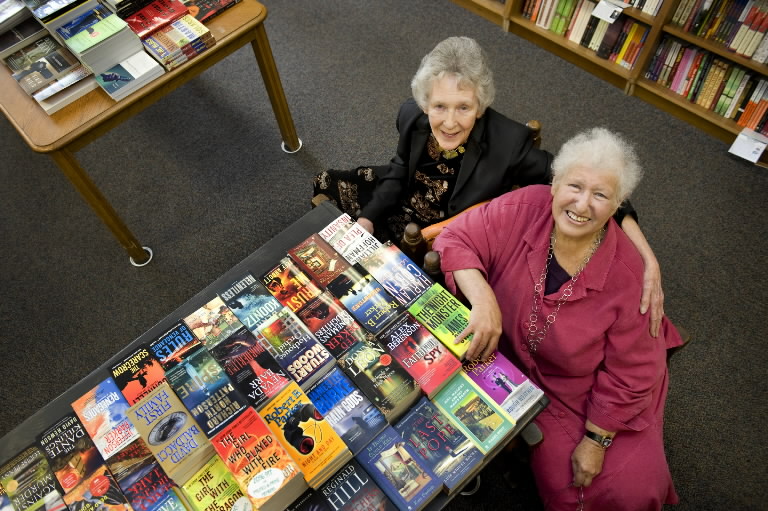 Dostoevskij scriveva in mutande perché aveva impegnato i pantaloni al Monte di Pietà, ma lui, appunto, era Dostoevskij, e la storia è vera. Oggi i romanzieri – quanto a tenore di vita e condizioni di scrittura – sono abituati meglio. Soprattutto gli americani, che da bravi professionisti campano di royalties (mica di stile e filosofia). Notizia: anche loro saranno costretti a tirare – un po’ – la cinghia. Da un articolo di Jeffrey Trachtenberg sul Wall Street Journal, infatti, apprendo che l’arrivo degli e-book sta cambiando, e in peggio, le cifre che gli editori anticipano ai propri autori. Trachtenberg racconta la storia dell’agente letterario Sarah Yake e dei suoi inutili tentativi di piazzare a importanti editori newyorkesi il romanzo Sleight di Kirsten Kaschock, che reputava molto buono. Alla fine, autrice e agente si sono ritrovati a valutare tristemente un’anticipo di soli 3500 dollari offerto dalla Coffee House Press di Minneapolis. «Una piccola, piccolissima “frazione” – scrive Trachtenberg – del tipico anticipo pagato da una grossa casa editrice».
Dostoevskij scriveva in mutande perché aveva impegnato i pantaloni al Monte di Pietà, ma lui, appunto, era Dostoevskij, e la storia è vera. Oggi i romanzieri – quanto a tenore di vita e condizioni di scrittura – sono abituati meglio. Soprattutto gli americani, che da bravi professionisti campano di royalties (mica di stile e filosofia). Notizia: anche loro saranno costretti a tirare – un po’ – la cinghia. Da un articolo di Jeffrey Trachtenberg sul Wall Street Journal, infatti, apprendo che l’arrivo degli e-book sta cambiando, e in peggio, le cifre che gli editori anticipano ai propri autori. Trachtenberg racconta la storia dell’agente letterario Sarah Yake e dei suoi inutili tentativi di piazzare a importanti editori newyorkesi il romanzo Sleight di Kirsten Kaschock, che reputava molto buono. Alla fine, autrice e agente si sono ritrovati a valutare tristemente un’anticipo di soli 3500 dollari offerto dalla Coffee House Press di Minneapolis. «Una piccola, piccolissima “frazione” – scrive Trachtenberg – del tipico anticipo pagato da una grossa casa editrice».
 Penso che Roth si fosse semplicemente inc…zato di brutto. A tal punto, che si sedette alla scrivania e scrisse di getto Our Gang.
Penso che Roth si fosse semplicemente inc…zato di brutto. A tal punto, che si sedette alla scrivania e scrisse di getto Our Gang. 

 Il talento letterario di Gore Vidal è stato pari alla sua intransigenza e rigore intellettuale. Non ha mai avuto timore di puntare il dito verso le amministrazioni che si sono succedute alla Casa Bianca. Provò anch’egli con la carriera politica e, in effetti, fu aiutato allo scopo dalla sua famiglia che sostenne le spese per la sua candidatura per un paio di volte (una per ogni camera) perdendo, però, la sfida in entrambe.
Il talento letterario di Gore Vidal è stato pari alla sua intransigenza e rigore intellettuale. Non ha mai avuto timore di puntare il dito verso le amministrazioni che si sono succedute alla Casa Bianca. Provò anch’egli con la carriera politica e, in effetti, fu aiutato allo scopo dalla sua famiglia che sostenne le spese per la sua candidatura per un paio di volte (una per ogni camera) perdendo, però, la sfida in entrambe. Lei lo chiamò sempre ‘Mr President’, malgrado fosse l’uomo con cui aveva perso la verginità. Lui si rifiutò sempre di baciarla sulla bocca, anche quando facevano l’amore. Uscito l’8 febbraio, ma solo nelle librerie statunitensi, il libro di memorie di Mimi Alford, ex amante di John Fitzgerald Kennedy ai tempi in cui era una stagista 19enne alla Casa Bianca. “Once upon a secret: my affair with president John F. Kennedy and its aftermath” (C’era una volta un segreto: la mia relazione con John F. Kennedy e le sue conseguenze), di cui il New York Post ha pubblicato alcune anticipazioni, è un libro pieno di particolari piccanti ma anche di dettagli inediti sulla vita privata di Kennedy e sui momenti più difficili della sua presidenza.
Lei lo chiamò sempre ‘Mr President’, malgrado fosse l’uomo con cui aveva perso la verginità. Lui si rifiutò sempre di baciarla sulla bocca, anche quando facevano l’amore. Uscito l’8 febbraio, ma solo nelle librerie statunitensi, il libro di memorie di Mimi Alford, ex amante di John Fitzgerald Kennedy ai tempi in cui era una stagista 19enne alla Casa Bianca. “Once upon a secret: my affair with president John F. Kennedy and its aftermath” (C’era una volta un segreto: la mia relazione con John F. Kennedy e le sue conseguenze), di cui il New York Post ha pubblicato alcune anticipazioni, è un libro pieno di particolari piccanti ma anche di dettagli inediti sulla vita privata di Kennedy e sui momenti più difficili della sua presidenza.
 E’ un pò che ho lasciato da parte quello che accade nella società americana distratto da molte altre cose, l’occasione di recupero mi è stata data dall’arrivo sulla scrivania di questo saggio dove, con pazienza e bravura, David Shipler, ha documentato il crollo della libertà americana nel suo libro: “The Right of the People, How our search of safety invades our liberties” (I diritti del popolo: come la (“loro”) ricerca di sicurezza ha invaso la (“loro”) libertà” (Knopf, 400 pp,).
E’ un pò che ho lasciato da parte quello che accade nella società americana distratto da molte altre cose, l’occasione di recupero mi è stata data dall’arrivo sulla scrivania di questo saggio dove, con pazienza e bravura, David Shipler, ha documentato il crollo della libertà americana nel suo libro: “The Right of the People, How our search of safety invades our liberties” (I diritti del popolo: come la (“loro”) ricerca di sicurezza ha invaso la (“loro”) libertà” (Knopf, 400 pp,). 
 L’11 Ottobre, nella sua casa di Washington, è venuta a mancare Carla Cohen, classe 1936.
L’11 Ottobre, nella sua casa di Washington, è venuta a mancare Carla Cohen, classe 1936.